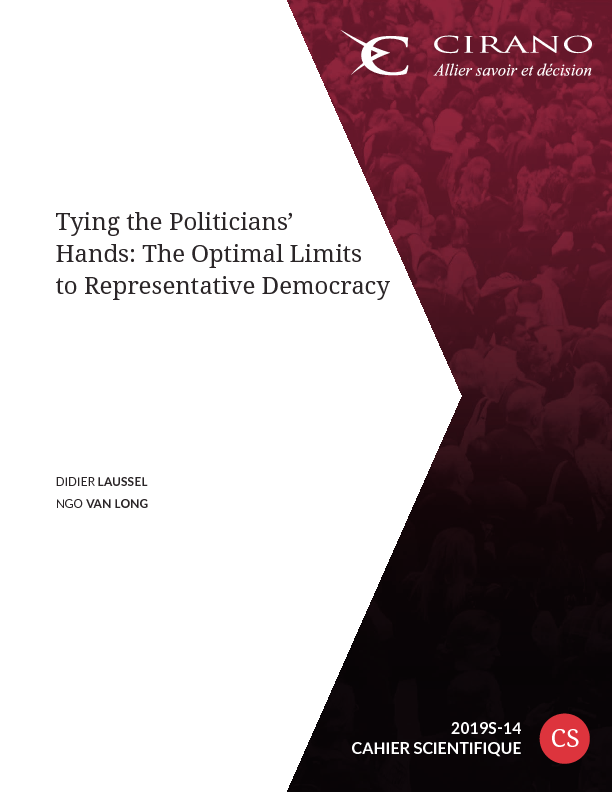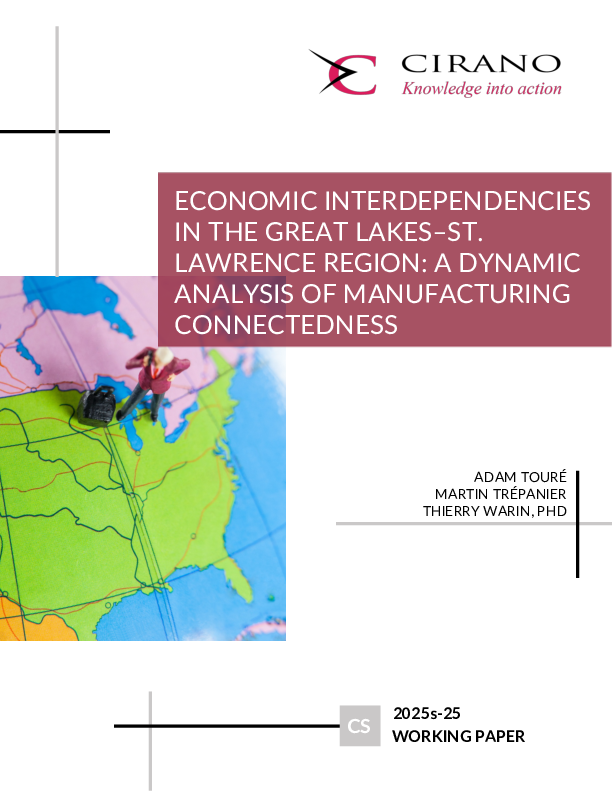Tying the Politicians’ Hands: The Optimal Limits to Representative Democracy
The citizen-candidate models of democracy assume that politicians have their own preferences that are not fully revealed at the time of elections. We study the optimal delegation problem which arises between the median voter (the writer of the constitution) and the (future) incumbent politician under the assumption that not only the state of the world and but also the politician's type (preferred policy) are the policy-maker's private information. We show that it is optimal to tie the hands of the politician by imposing both a policy floor and a policy cap and delegating him/her the policy choice only in between the cap and the floor. We establish two uncertainty principles: (a) the state-uncertainty principle, which states that the greater is the uncertainty about the state of the world, the wider is the delegation interval, and (b) the bias-uncertainty principle, which states that the greater is the uncertainty about political bias, the smaller is the delegation interval.




